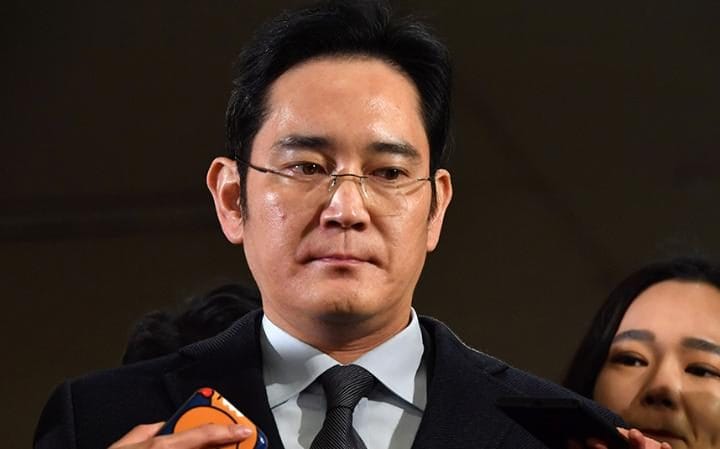Samsung heir Lee Jae-yong arrested
February 17, 2017 | Expert Insights

On 16 February 2017, the heir of South Korean company Samsung has been arrested as part of an investigation into corruption and influence-peddling that caused President Park Geun-hye to be impeached. The Seoul Central District Court's decision today to issue a warrant to arrest Lee Jae-yong, 48, makes him the first leader in Samsung's history to be arrested on criminal charges.
What is the accusation?
Prosecutors accused Mr. Lee of giving donations worth $36 Million to organisations linked to Ms. Park's close friend Ms. Choi. They alleged this was done to win government support for a big restructuring of Samsung that would help a smooth leadership transition in favour of Mr. Lee, who is standing in as chairman for his ill father, Lee Kun-hee.
The controversial merger required support from the national pension fund - the allegation is that this support was granted in return for the donations.
In a December, parliamentary hearing, Samsung admitted giving a total of 20.4 Billion won to two foundations, but denied seeking favours in return. Mr. Lee also confirmed the firm gave a horse and money to help the equestrian career of Ms. Choi's daughter, Chung Yoo-ra.
Second arrest bid
Lee had been interrogated several times over his alleged role in the scandal that has rocked South Korea in recent months. He had narrowly avoided being formally arrested last month, after the court ruled there was insufficient evidence. South Korean prosecutors seek arrest of Samsung heir. But prosecutors on Tuesday made a second bid for his arrest, saying they had collected more evidence in recent weeks. His arrest is likely to send shock waves through the group, which is a major part of the South Korean economy.
What does it mean for Samsung?
Lee’s arrest may not affect short term production or the running of the firm but there could be long term implications. The merger is the main cause of the fault. The merger in 2015 of Samsung C&T and Cheil Industries was opposed by many investors who said it wilfully undervalued the former unit's shares. But the deal went through after Seoul's state pension fund - a major Samsung shareholder - approved it.








Comments